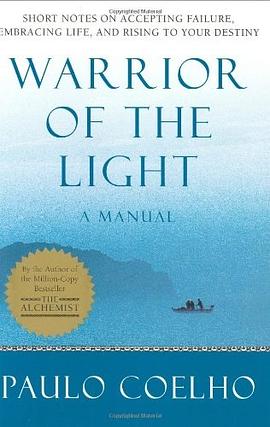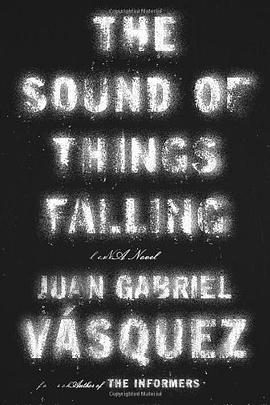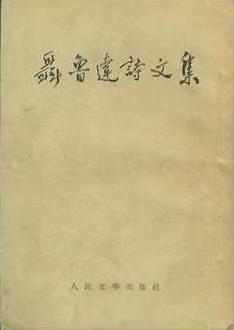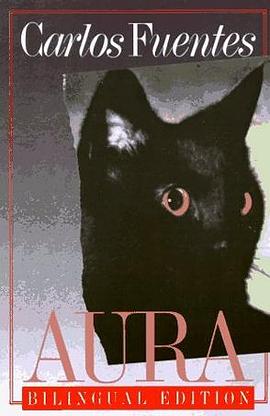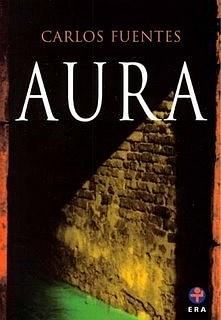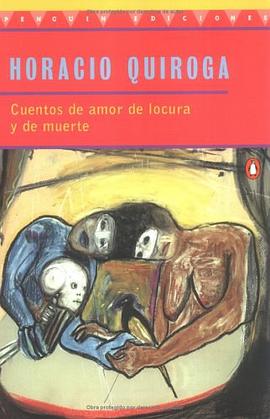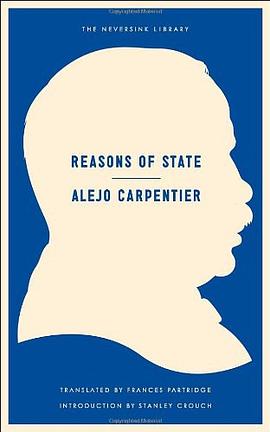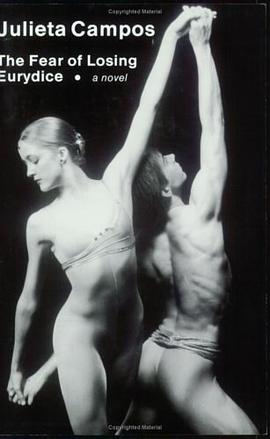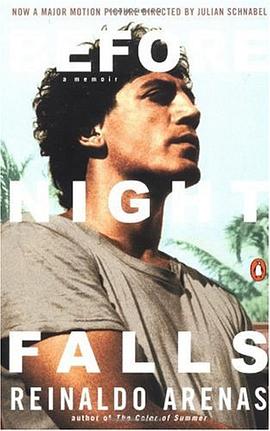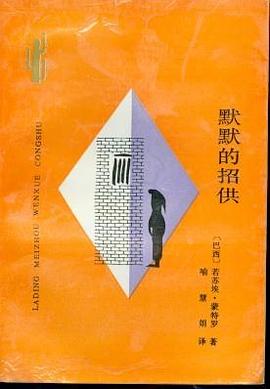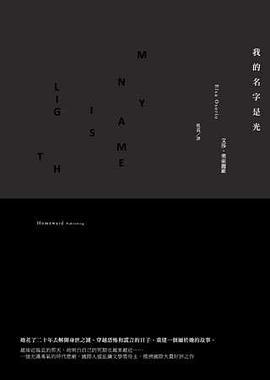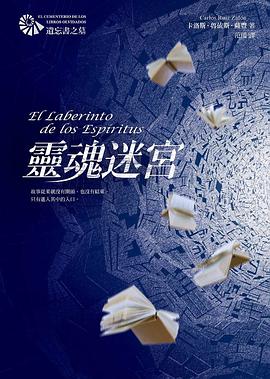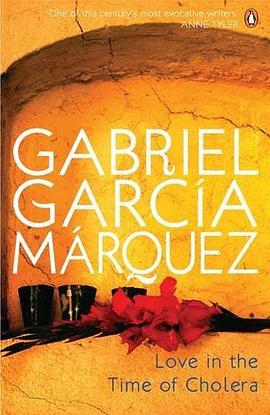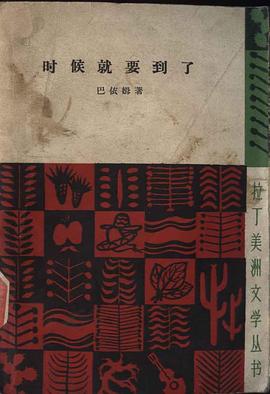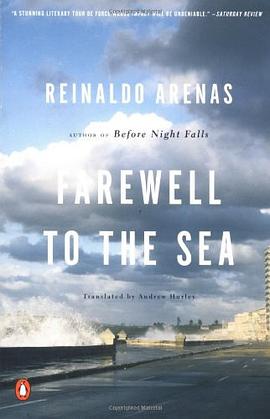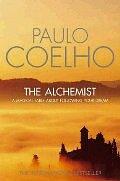

具体描述
Like the one-time bestseller Jonathan Livingston Seagull, The Alchemist presents a simple fable, based on simple truths and places it in a highly unique situation. And though we may sniff a bestselling formula, it is certainly not a new one: even the ancient tribal storytellers knew that this is the most successful method of entertaining an audience while slipping in a lesson or two. Brazilian storyteller Paulo Coehlo introduces Santiago, an Andalusian shepherd boy who one night dreams of a distant treasure in the Egyptian pyramids. And so he's off: leaving Spain to literally follow his dream.
Along the way he meets many spiritual messengers, who come in unassuming forms such as a camel driver and a well-read Englishman. In one of the Englishman's books, Santiago first learns about the alchemists--men who believed that if a metal were heated for many years, it would free itself of all its individual properties, and what was left would be the "Soul of the World." Of course he does eventually meet an alchemist, and the ensuing student-teacher relationship clarifies much of the boy's misguided agenda, while also emboldening him to stay true to his dreams. "My heart is afraid that it will have to suffer," the boy confides to the alchemist one night as they look up at a moonless night.
"Tell your heart that the fear of suffering is worse than the suffering itself," the alchemist replies. "And that no heart has ever suffered when it goes in search of its dreams, because every second of the search is a second's encounter with God and with eternity." --Gail Hudson, Amazon.com Review
作者简介
Paulo Coelho was born in Rio de Janeiro, Brazil, the city where he now lives. His own life has in many ways been as varied and unusual as the protagonists of his internationally acclaimed novels. Like them, Paulo Coelho has followed a dream in a quest for fulfillment. His own dream, to be a writer, met with frustration throughout much of his early adult life, a time in which he worked at various professions, some of them materially rewarding but spiritually unfulfilling. "I always knew," he says, "that my Personal Legend, to use a term from alchemy, was to write." He was 38 when he published his first book.
In 1970, after deciding that law school was not for him, he traveled through much of South America, North Africa, Mexico, and Europe. Returning to Brazil after two years, he began a successful career as popular songwriter. In 1974, he was imprisoned for a short time by the military dictatorship then ruling in Brazil. In 1980, he experienced one of the defining moments of his life: he walked the 500-plus mile Road of Santiago de Compostela in northwestern Spain. On this ancient highway, used for centuries by pilgrims from France to get to the cathedral said to house the remains of St. James, he achieved a self-awareness and a spiritual awakening that he later described in The Pilgrimage.
Paulo Coelho once said that following your dream is like learning a foreign language; you will make mistakes but you will get there in the end. In 1988, he published The Alchemist, a novel that explores this theme, and it launched him as an international bestselling author. Specifically, Paulo Coelho is recognized for his powerful storytelling technique and the profound spiritual insights he blends seamlessly into his parables. Since then, The Alchemist has sold more than 11 million copies worldwide and has been translated into some 41 languages. In addition to The Pilgrimage and The Alchemist, Paulo Coelho has written luminous novels about the different streams of our lives, including By The River Piedra I Sat Down & Wept, The Valkyries, The Fifth Mountain, and Veronika Decides to Die. A winner of numerous literary prizes, Paulo Coelho is also a prominent speaker for humanitarian causes. In 1999, he received a Crystal Award for Artistic Achievement at the Davos Economic Forum Conference.
目录信息
读后感
或許是我太不習慣這書的表達,或是我實在有點小愚昧,我很難理解這書獲得好評的理由。 莫非僅僅是寓言式的表達就可以說動大家對他寬容嗎? 故事結構簡單得無以復加,用一些宗教的思想來掩飾其后的單薄,任由作者的想象力來推動故事的前進,像是一些劣質的連續劇。 ...
评分书里充满着唯心主义、宗教神秘主义、炼金术的言论(姑且不称为谬论了),书的主题“当你想要某种东西时,整个世界都会合力祝你实现这个愿望”,只能让我觉得虚幻和恶心。我想起类似的两本书,一本是《遇见未知的自己》,一本是《秘密》,三本书如出一辙,都毫无新意。 前一段很...
评分读完这本书,觉得自己真是一个毫无功利心的人。在工作压力、考试压力、对未来也比较无知的情况下,还可以喝着茶,静静地一页一页看完这本书。 我并不相信什么炼金术士,也不相信少年真的可以呼唤太阳、与世界之魂交流并把自己变成风…… 化学老师的教诲仍犹在耳,铅这种金属变...
评分朋友说,如果你喜欢《小王子》的话,你也会喜欢这本书的——《牧羊少年神奇之旅》。在看到《小王子》的时候,我已经老了,我知道了要用心,而不是眼睛去看,但是,玫瑰花在我没有珍惜的那些日子里枯萎,我可以拥有一座玫瑰园,可再没有了那样的一朵玫瑰花;看到《牧羊少年...
评分~~~纯手打~~~ 人一旦步入青年时期,就知道什么是自己的天命了。在人生的这个阶段,一切都那么明朗,没有做不到的事情。人们敢于梦想,期待完成他们一生中喜欢做的一切事情。但是,随着时光的流逝,一股神秘的力量开始企图证明,根本不可能完成天命。 那是表面看来有害无益的力...
用户评价
The heart's journey in a metaphorical way.
评分The heart's journey in a metaphorical way.
评分很唯心,但是我喜欢。最喜欢camel driver说的话,“Because I don’t live in either my past or my future. I’m interested only in the present. If you can concentrate always on the present, you’ll be a happy man. ”
评分讲述了一个boy是如何历尽千辛万苦,放弃了已经得到的,为了自己的梦想,迈向未知的旅程,最终实现了自己的梦想。其中作者透视了一些人生哲理,这些哲理会让人感到震撼,因为大多数人已经迷失了梦想。
评分很唯心,但是我喜欢。最喜欢camel driver说的话,“Because I don’t live in either my past or my future. I’m interested only in the present. If you can concentrate always on the present, you’ll be a happy man. ”
相关图书
本站所有内容均为互联网搜索引擎提供的公开搜索信息,本站不存储任何数据与内容,任何内容与数据均与本站无关,如有需要请联系相关搜索引擎包括但不限于百度,google,bing,sogou 等
© 2025 book.wenda123.org All Rights Reserved. 图书目录大全 版权所有


